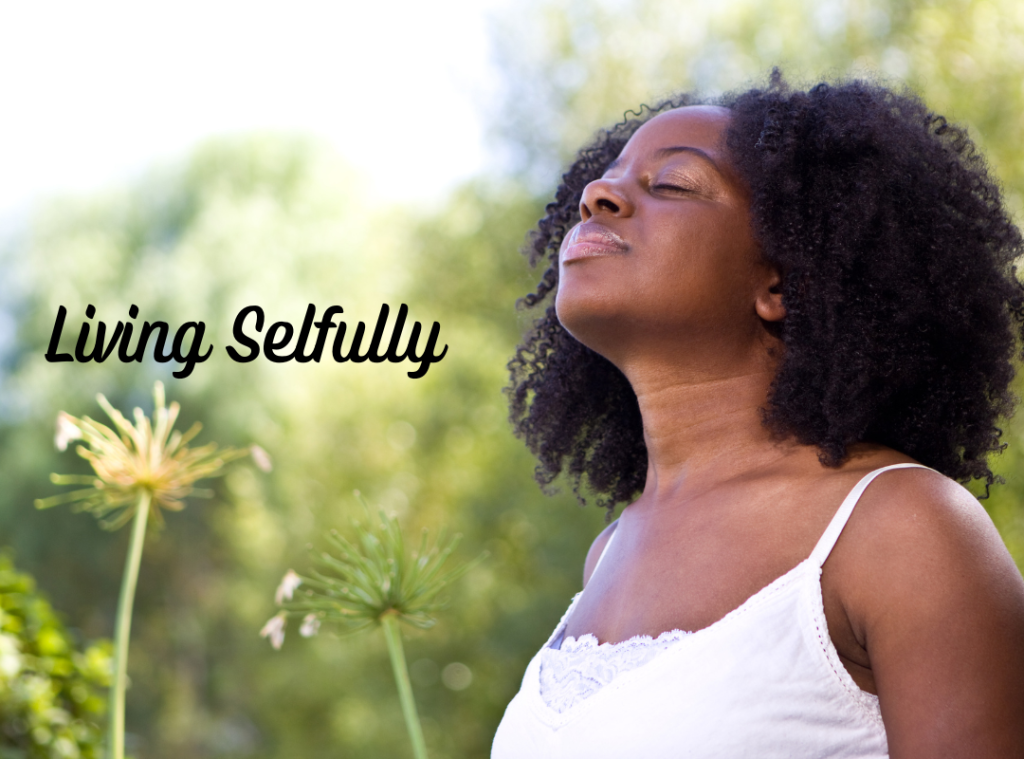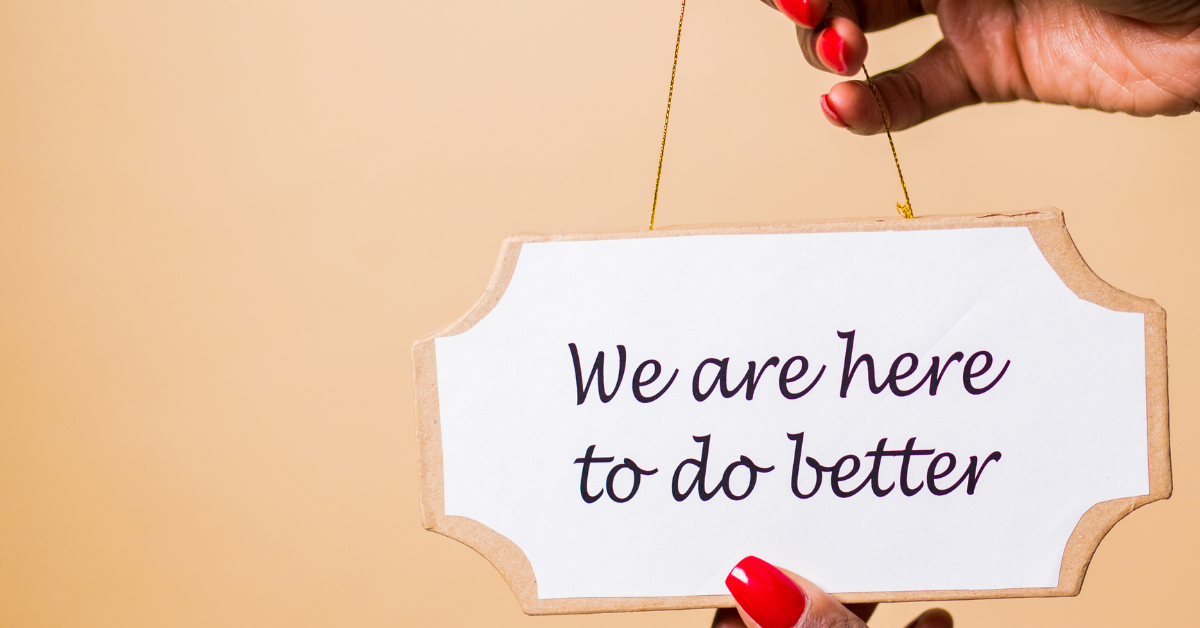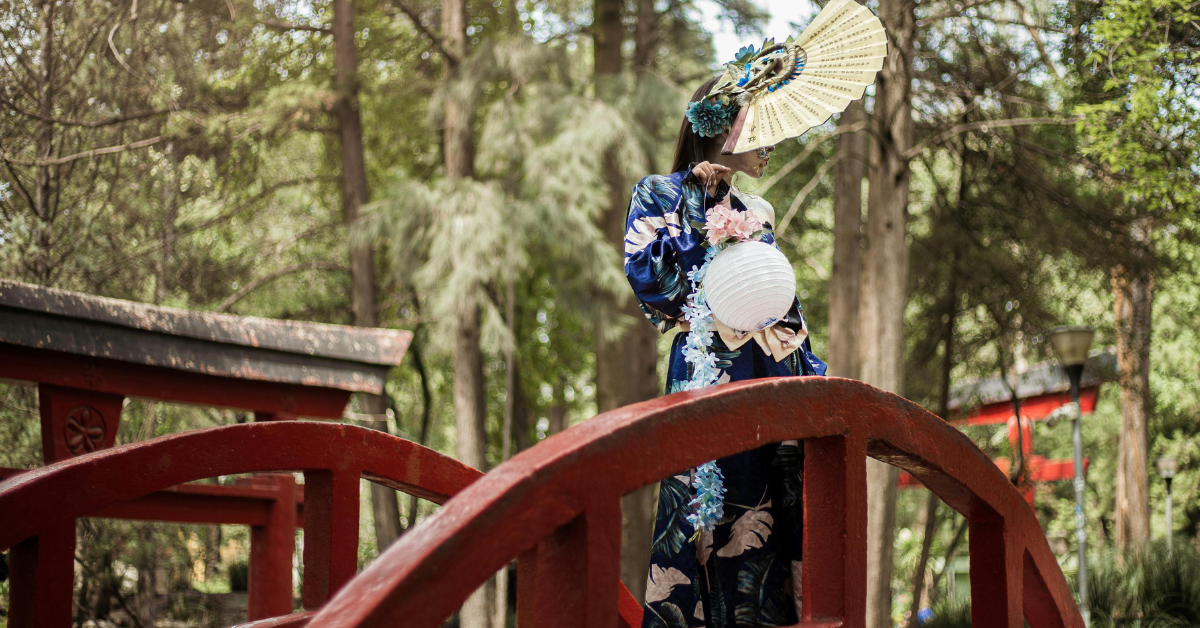The Art of Betterment Without Ego
Personal and professional growth are buzzwords we hear all the time. Yet, they often carry a subtle undertone of competition and comparison. In a world that celebrates hustle culture, it’s easy to think that leveling up includes stepping on someone else’s toes or losing your perspective. But what if there was a way to grow intentionally, meaningfully, and yes, selfishly—but in the best possible way?
Before I get into that, can we touch on ego for a minute? We often think of ego as loud and overbearing—a boardroom full of bravado or a swaggering sense of entitlement. It’s not just a man thing; women have egos, too. It tends to show up more subtly, like needing to be right, resisting feedback, or clinging to perfectionism. Trust me, I’ve faced my fair share of ego-driven moments, and they’ve taught me a few things. What stood out most was an unchecked ego can derail even the best intentions for growth.
That’s why I was so eager to embrace the concept of “Selful” and define it as an art form for self-improvement. Think of it as a new way of looking at self-improvement that’s as purposeful as it is practical. It’s growing in a manner that’s deeply rooted in self-awareness and intention, free from the traps of comparison or arrogance. This isn’t just a personal journey; it’s a movement toward a life lived with clarity, balance, and purpose.
What Does It Mean to Be Selful?
Well, my take on it is that it means prioritizing yourself in a way that enriches not just your life but also the lives of others. It’s a different level of self-care that includes selflessness without crossing the line. The line between confidence and arrogance, or ambition and selfishness, can be razor thin. But when you approach Selfulness with a mindset rooted in humility, self-awareness, and mutual respect, you transcend the pitfalls of egotism.
Consider being selful as creating your own personal museum dedicated to self-improvement. Every exhibit—whether it’s a new skill, a healthier habit, or a fresh perspective adds depth to your life. It radiates outward, positively impacting your relationships, work, and community.

My New Framework for Personal Growth
At the heart of living selfully lies three principles I’ve identified as foundational: self-awareness, self-respect, and self-investment. While the term selful may not be brand new, I’m redefining it through my lens—building a framework that’s intentional, practical, and uniquely crafted for meaningful personal development.
These are my definitions, honed through lived experience and reflection. They’re not universal truths but guiding principles for anyone looking to grow without letting ego take center stage. Let me break it down a little further:
1. Self-Awareness: The Mirror That Doesn’t Lie
Growth starts with knowing who you are—flaws and all. Self-awareness means stepping outside yourself to understand yourself fully—not just the Instagram-worthy parts, but the messy, unpolished ones too. This means recognizing your strengths, admitting your blind spots, and owning your impact on others.
For example, take stock of how you handle criticism. Are you quick to react defensively? Or can you pause, reflect, and discern whether the feedback holds value? Developing this level of awareness helps you navigate challenges with grace and intention.
The aim here isn’t to achieve perfection; it’s to embrace clarity. By knowing yourself better, you unlock the ability to make decisions that align with your values and intentions.
2. Self-Respect: Setting the Standard
For me, self-respect is more than liking yourself—it’s about treating yourself like someone worthy of love, time, and care. That includes setting boundaries, honoring your values, saying no when needed and refusing to settle for less than what aligns with your principles. It’s the backbone of being selful because, without it, you risk becoming a doormat for others’ demands or expectations.
Contrary to popular belief, “no” is not a dirty word. It’s an act of self-preservation that creates space for you to engage in the things that matter to you. When you respect yourself, you naturally teach others to do the same. It’s a quiet but powerful way to command respect without demanding it.
3. Self-Investment: Leveling Up with Purpose
Here’s where I’m drawing a line between aimless self-improvement and meaningful progress. Growth is great, but not all growth is good.
Investing in anything, including yourself, means identifying the right areas to focus on and committing to deliberate, purposeful engagement.
Think of it as honing your skills to move the needle in your life. Dabbling in every self-help trend or attending every workshop under the sun won’t get you there. But it will burn you out. Instead, start small and stay intentional.
For example, maybe you want to develop leadership skills. Rather than overwhelming yourself with endless seminars, seek out one great mentor, read books by reputable thought leaders, and practice those skills in real-life situations. Growth without a plan is just chaos in disguise, but when it’s intentional and strategic, it becomes, it becomes transformative.
Avoid the Ego Trap
One of the biggest risks of self-improvement is falling into the ego trap. It’s easy to get so caught up in your achievements that you lose sight of the real purpose behind betterment. When that happens, your growth stops being selful and starts being self-absorbed.
Here’s how to remain grounded:
- Celebrate, But Don’t Inflate: It’s okay to be proud of your progress, toot your horn, and pat yourself on the back but modestly. Let your growth speak for itself.
- Stay Curious: Ego loves to think it knows everything. A selful mindset embraces a learner’s perspective—there’s always more to discover.
- Check Your Intentions: Before pursuing any new endeavor, ask yourself: Why? Is it for my growth or so that you can say, “Look at me now.” And be honest with yourself.
There is a Ripple Effect
When you commit to being selful, you’re not just changing your life—you’re creating a ripple effect that touches everyone around you. Your newfound clarity, confidence, and compassion will inevitably inspire others to reflect on their own paths.
I used to schedule back-to-back meetings all day long at work. I operated non-stop for 8 or 9 hours except to use the restroom. Unhealthy, to say the least; it put me on a path to burnout. When I started prioritizing my time and mental health by building in breaks in between my meetings so I could meditate or relax, colleagues noticed I was more focused and present at work. This inspires my coworkers to adopt a similar focus in their own lives. It’s a domino effect of positivity.
A Few Practical Steps to Embrace Selfulness
If you’re ready to embrace selfulness, here are some actionable steps to get started:
- Audit Your Time: Where is your energy going? Cut out time-wasters and invest that energy into activities that fuel your growth.
- Adopt a Growth Mindset: Instead of fearing failure, view it as an opportunity to learn. Each stumble is a stepping stone to success.
- Practice Reflection: Take a moment to reflect on your experiences, lessons, and personal growth. Acknowledging what you appreciate grounds you and keeps your ego in check.
- Seek Feedback: Be brave enough to ask others for constructive criticism. Their perspectives can reveal blind spots you might miss.
And what good is advice if I don’t provide a few examples showcasing how you can start living Selfully?
- In Your Career: Being selful might mean advocating for that promotion you know you deserve. However, it also means mentoring junior colleagues to uplift the whole team.
- In Relationships: Practicing selfulness could involve setting boundaries with a toxic friend while deepening connections with those who truly support you.
- In Health: Choosing to prioritize your fitness isn’t selfish; it ensures you’re strong and present for your loved ones.
Closing Thoughts: The World Needs More Selful People
In a society that often equates self-prioritization with selfishness, being selful is a radical act. It’s a commitment to bettering yourself in a way that uplifts those around you. It’s about making choices that align with your purpose while contributing to the greater good.
I want to help you rewrite the narrative and make selfulness the new standard for personal and professional growth. And thriving doesn’t come at the expense of others.
This message might be exactly what someone else needs today. Share it below.



